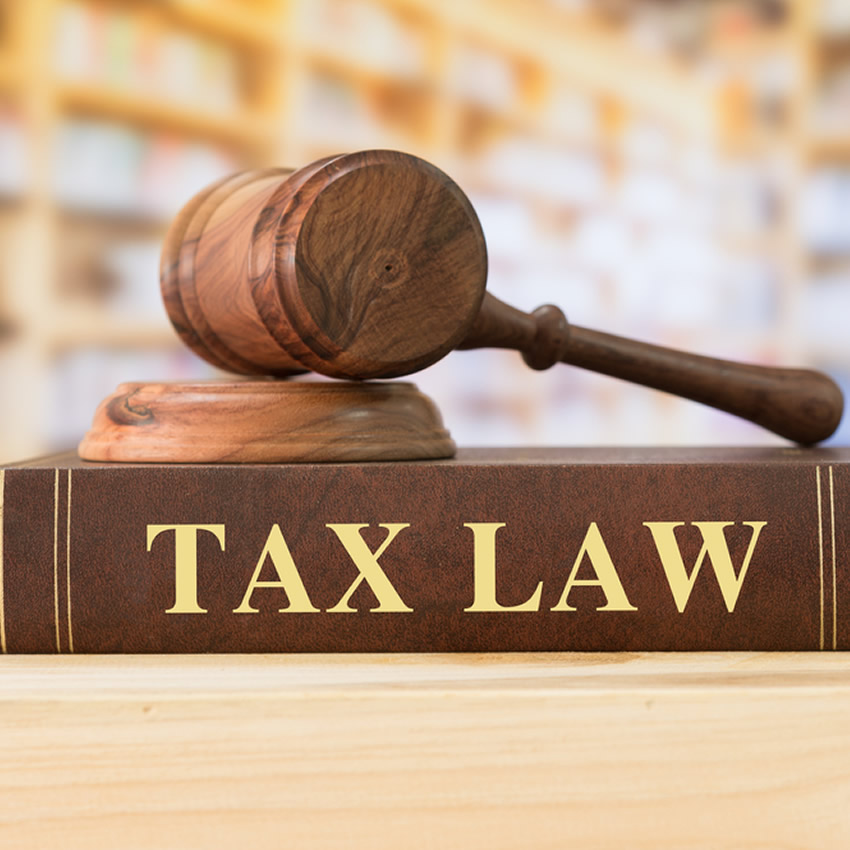In the United States, the sales tax laws for states are not directed to federal regulation. Each state has its own rules, and they control their sales tax on their own. There are mainly five states in the US, where people don’t give any value or priority to the sales tax. However, there are other kinds of tax that are added to the consumer’s budget.
Sales tax helps to generate revenue for its operations, and the lack of sales tax can give rise to certain scenarios; for example, it will make shopping more cost-effective, especially for outsiders.
Sales tax is a tax based on the products and services, and this tax varies from state to state. However, businesses are responsible for managing and collecting taxes from consumers and then giving it to the government either monthly, quarterly, or annually.
5 States Which Do Not Have Sales Taxes In The United States
The five states which do not have any sales tax on purchases in the United States are Oregon, Montana, New Hampshire, Delaware, and Alaska. Except for these states, other businesses in the United States have a sales tax, and they follow the same procedure of collecting and submitting tax to their respective authority.
Moreover, there are many other states in the United States that have to pay low sales tax and have higher income taxes. The retail business of the above five listed states does not require to collect any sales tax or sales tax nexus. Now, let’s discuss these five states.
1. Oregon
As compared to the national average, this state has a lower cost of living, and this state is known as a tax-free state. However, they need to pay only a certain tax on the goods, and it is commanded by the cities in Oregon.
Besides, this state has a high personal income tax as compared to other states. So, even if you can take a break at the supermarket in Oregon, you may be taxed elsewhere for living in the state.
2. New Hampshire
Another tax-free state in the United States is New Hampshire. There are no taxes on the goods during Business-to-Business or B2B transactions when the customer desires to resell the product.
This state has the highest cost of living, i.e., around five percent above the national average. However, on the prepared means, a sales tax of around nine percent exists, and the same goes for the car rentals and room rentals.
3. Montana
Montana is also considered a tax-free state in the United States, but there are only some localities in this state that command sale tax. So, depending on which sector you are living in, you may have to pay a small amount of sales tax.
The purpose of this tax is to support the infrastructure of the place visited by tourists. This includes West Yellowstone, Big Sky, Red Lodge, and Whitefish.
In general, this state does not impose any sales tax on businesses. Additionally, Montana has a lower cost of living below the national average.
4. Delaware
Delaware is also considered a tax-free state. However, there is a tax for some businesses, which is a gross receipt tax. This consists of tax on the receipt of the assets sold by the company in the given state.
Moreover, this state has a higher cost of living than the national average, i.e., 0.4%. There is also a high corporate income tax and additional tax on some particular products and services. For example, there is a tax of $2.10 per packet of cigarettes. This state is attractive for art dealers and collectors.
5. Alaska
Alaska releases its residents from the sales tax, and this is the best benefit for them. However, there are only some localities that impose a small amount of sales tax.
On the other hand, this state is very efficient for purchasing products and services, and the cost of living is higher than the national average.
The Bottom Line
The sales tax’s main purpose is to serve the community and their demands in a much better way. Thus, the above-listed states are the five states in the United States that are known as tax-free states.

